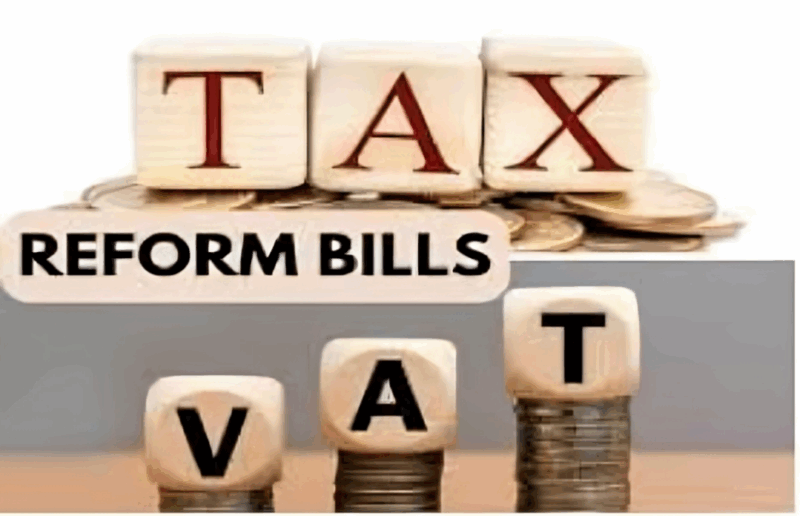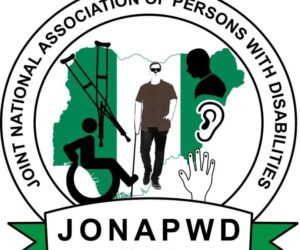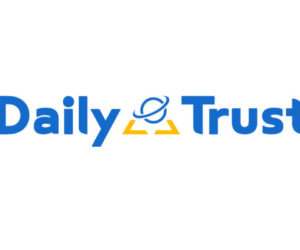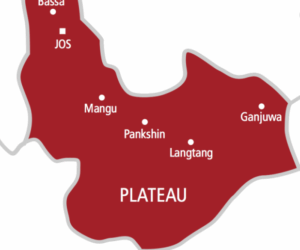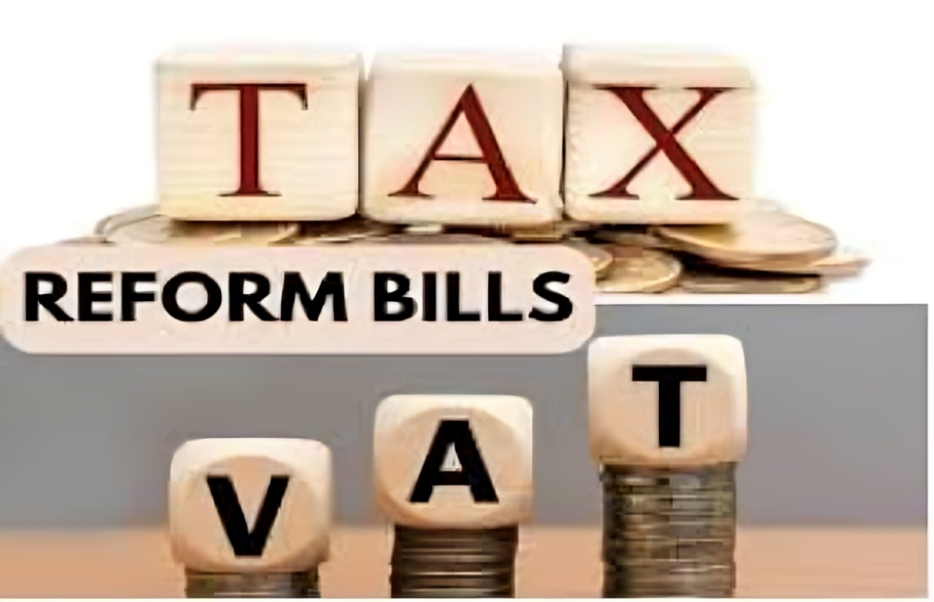
As of January 1, 2026, the new tax reform laws will take effect, and Nigerians may experience some financial relief. Although the tax reform has generated both positive and negative opinions online, the Value Added Tax (VAT) provisions promise some changes that will bring about a positive shift in the financial situation of the average Nigerian.
Many Nigerians may not be very aware of what VAT really means. They only see VAT deductions on receipts after purchase. But when it comes to everyday life in Nigeria, one of the most important topics for consumers should be how VAT is handled. This includes understanding how it is applied, which goods and services will now be exempt or zero-rated, what this really means for the average person, and how it affects their daily routines.
It is crucial to have an understanding of these details as they can significantly impact our daily expenses and purchasing decisions. In this article, we break down the reliefs and exemptions, item by item, with relatable examples.
What Is VAT and What Is Changing?
VAT is a consumption tax placed on goods and services at every stage of production and distribution, from raw materials to the final sale. The final consumer ultimately bears the tax, but it is remitted to the government by businesses on their behalf. In Nigeria, the standard VAT rate remains 7.5% under the current reforms.
However, there is a change in which goods and services this applies to, and which goods or services become exempt from VAT with no charge or zero-rated, VAT charged at 0%. In this case, you pay no VAT, but the supplier can claim input VAT as a deduction.
For you and me as consumers, this means when we buy certain items or use certain services, we either will not pay VAT at all or will pay 0% VAT. That can reduce the final price we pay, or at least avoid an extra tax burden.
What is Zero-rated VAT?
Zero-rated VAT refers to a Value Added Tax rate of 0% applied to specific goods and services. This means that if you sell goods that are zero-rated for VAT, you are not permitted to charge VAT on those sales.
However, you can still recover the VAT you paid on the items you bought to produce the goods. This not only benefits the consumer but also allows producers to seek tax relief from the authorities, which can be ploughed back into their business.
For the average Nigerian, zero-rated VAT means that certain essential goods and services are sold without the added cost of VAT. This will help lower the final price that consumers pay for these items, making them more affordable.
What is Tax-Exempt VAT?
Tax-exempt means that certain incomes, individuals, businesses, or goods and services do not have to pay taxes by law. They are exempted. This is designed to help low-income earners, support small businesses, and make essential goods easily accessible and affordable. For the average Nigerian, this means that some incomes and essential goods will be exempt from taxation, which can help reduce the overall cost of living.
What This List Means
This is a list of the major relief items and their implications for everyday Nigerians.
1. Basic food items – 0% VAT
If you purchase staple foods like rice, beans, bread, and others, they become zero-rated for VAT. This means instead of paying the regular VAT component, which at 7.5% would add a few extra naira to the actual price, you pay none.
For example, if you buy a food item for ₦1,075 that previously included 7.5% VAT, which is approximately ₦75, going forward, you would pay ₦1,000 with no VAT applied. This is very impactful because food accounts for a large share of household spending, so the tax relief reduces the cost of purchasing it.
2. Rent – Exempt
Rent also becomes exempt from VAT under the new reform.. Therefore, if you pay rent, you will no longer be required to pay VAT, and you will also not see a VAT line on your rental invoice.
For example, if your monthly rent is ₦100,000 and is typically charged VAT of 7.5%, it amounts to ₦ 107,500. This will end by the start of 2026, as you will then pay ₦100,000 with no VAT component. That means you get to keep ₦7,500. This is great relief for tenants in the country.
3. Education services and materials – 0% VAT
This covers tuition, educational materials (such as books and stationery), and other educational services. These will be zero-rated. So when you pay school fees or buy textbooks, you won’t incur VAT.
For instance, if your school fees were ₦200,000 and a VAT of 7.5% previously included at ₦ 215,000, you would now pay just ₦200,000 from January 2026. Parents and students will benefit to some extent.
4. Health and medical services
Medical services become exempt or zero-rated, depending on the nature, under this law. That means doctors’ consultations and hospital treatment may not be subject to VAT.
This is very important in Nigeria, where healthcare costs are often high and removing VAT makes care marginally more affordable. Imagine going to the hospital for a ₦50,000 treatment and not paying VAT on top of that.
5. Pharmaceutical products – 0% VAT
Some medicines and pharmaceutical supplies will be zero-rated. So, if you buy a medication like Paracetamol for ₦200 under the previous VAT regime, a 7.5% tax of ₦15 would have been added, making the total ₦215. However, under the new law, you pay just ₦200 with no VAT.
6. Small companies (≤ ₦100m turnover) are exempt from charging VAT
If you run a small business and your turnover is below what the reform defines as the small company threshold, you may be exempt from paying VAT. This reduces the compliance burden and can result in lower prices for their customers.
For many everyday Nigerians, the real advantage lies in smaller businesses being able to reduce costs and potentially face fewer hidden tax charges. This can make a big difference in how these businesses operate and thrive in the community.
7. Diesel, petrol, and solar power equipment – VAT suspended or exempt
Certain energy-related items, such as solar power equipment and fuel, will be subject to VAT suspension or exemption. This will help households reduce energy cost burdens.
8. Agricultural inputs – fertilisers, seeds, seedlings, feeds, and live animals
These items will be zero-rated or exempt from tax. This relief has two key effects. It will reduce the cost of farming, benefiting farmers and indirectly lowering food costs for consumers as farm input costs decrease.
9. Purchase, lease or hire of equipment for agricultural purposes
When equipment like tractors or harvesters is purchased or leased for agricultural use, VAT relief is applicable. This helps mechanisation and productivity in farming, which again benefits the food chain and consumers indirectly.
10. Disability aids – hearing aids, wheelchairs, braille materials
These essential items for persons with disability are exempt or zero-rated. This means that a wheelchair priced at, let’s say, ₦150,000, will have no VAT. This is a direct cost-saving for persons with disabilities and helps with inclusion.

